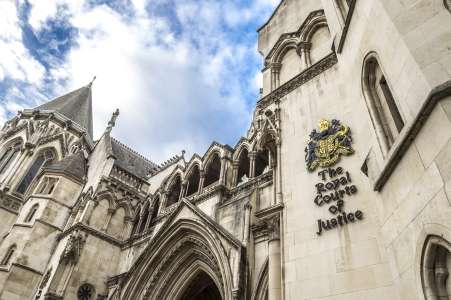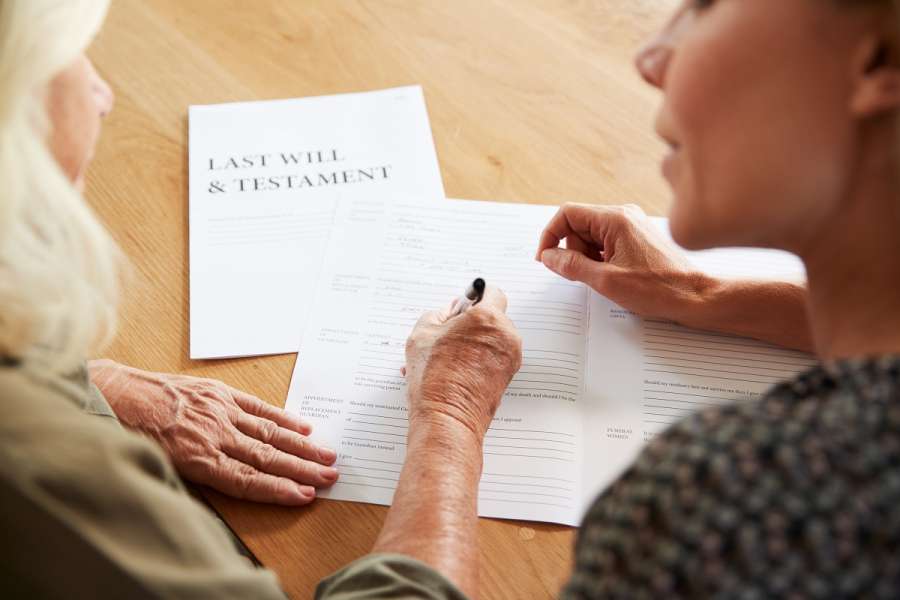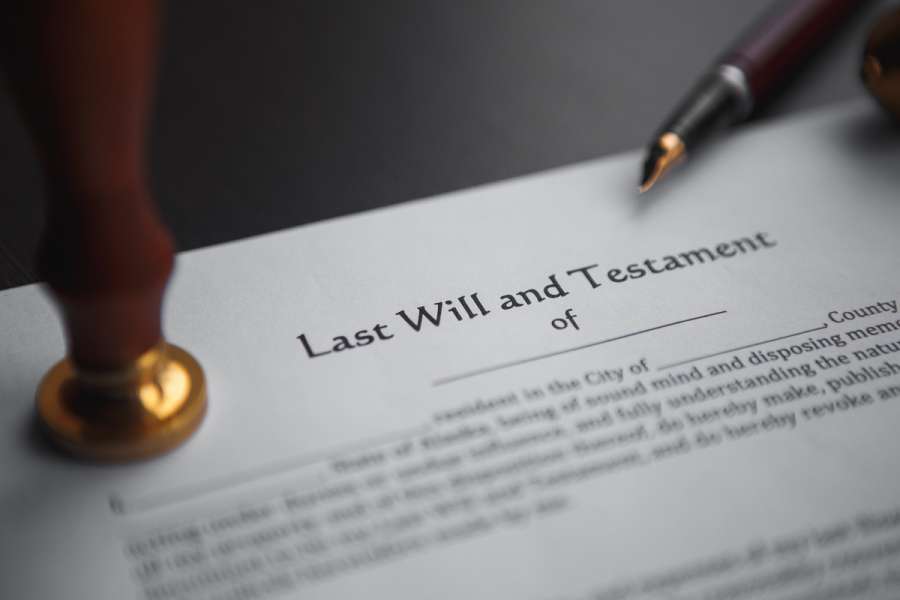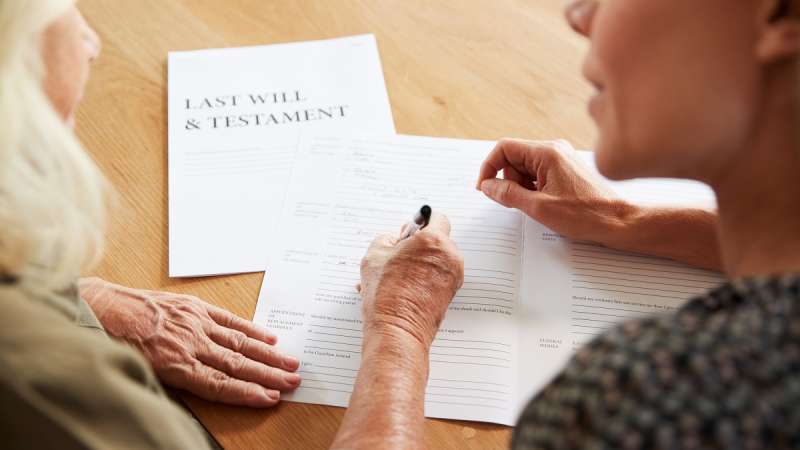
Where someone has made a Will, it can be challenged if it was produced as a result of "undue influence" by one of the beneficiaries.
Our Contentious Probate lawyers explore a recent decision in a case called Rea v Rea which demonstrates how these claims work and the challenges of bringing undue influence claims.
This case concerns the validity of the Will made on 7 December 2015 ("the 2015 Will") by Mrs Anna Rea ("Mrs Rea"), which was disputed on the following grounds:
- Mrs Rea lacked testamentary capacity;
- Mrs Rea did not know or approve the contents of the 2015 Will;
- Mrs Rea's daughter Rita ("Rita") had exerted undue influence;
- The 2015 Will was invalid because of fraudulent calumny, which is an act of "poisoning the mind" of someone making a Will.










